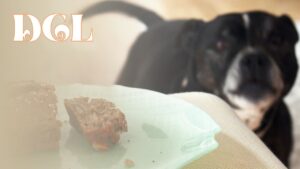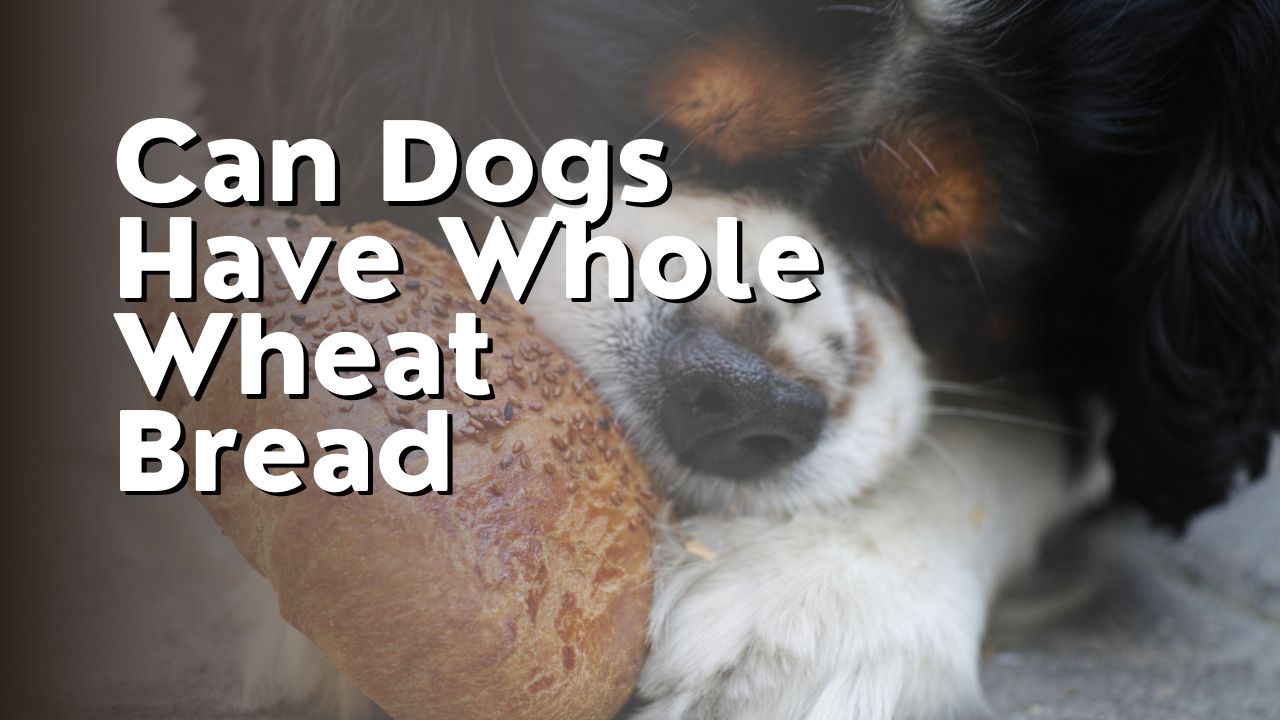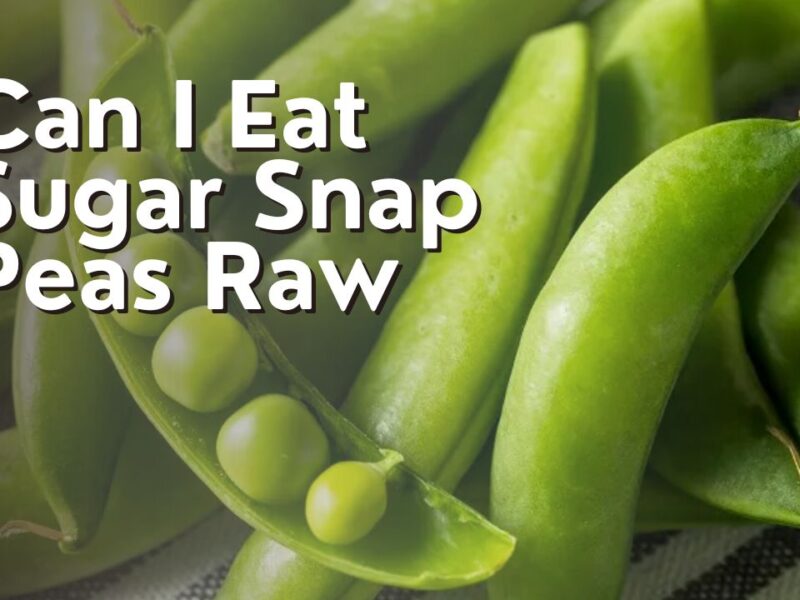Have you ever wondered if it’s okay to share your whole wheat bread with your furry friend? Well, I’m here to shed some light on this topic.
As a dog lover and owner myself, I understand the importance of providing a balanced diet for our four-legged companions. In this article, we’ll delve into the nutritional benefits of whole wheat bread for dogs and discuss any potential allergies or sensitivities they may have.
Additionally, I’ll share some safe toppings and ingredients you can add to make it even tastier for your pup. However, it’s vital to remember that moderation is key when it comes to treating our dogs with bread.
To wrap things up, we’ll also explore some other healthy alternatives to whole wheat bread. So, let’s dig in and find out if dogs can indeed enjoy this wholesome treat!
Nutritional Benefits of Whole Wheat Bread for Dogs
Did you know that whole wheat bread can provide numerous nutritional benefits for your furry friend? Many people wonder if it’s safe to share their favorite bread with their canine companions, and the good news is that whole wheat bread can be a healthy addition to their diet.
Whole wheat bread is rich in fiber, which aids in digestion and helps regulate bowel movements for dogs. It also contains essential vitamins and minerals such as vitamin E, B vitamins, and iron, which are important for your dog’s overall health and well-being.
In addition to its nutritional value, whole wheat bread can also be a great source of energy for your pup. The carbohydrates in bread are converted into glucose, which provides energy for your dog’s daily activities. However, it’s important to remember that bread should only be given to dogs in moderation. Too much bread can lead to weight gain and digestive issues, so it’s best to offer it as an occasional treat rather than a staple in their diet.
When sharing whole wheat bread with your dog, it’s important to consider the ingredients. Avoid breads that contain raisins, onions, or other ingredients that can be toxic to dogs. Additionally, opt for bread made with whole wheat flour instead of refined white flour, as they are more nutritious and less processed.
Overall, whole wheat bread can be a healthy and tasty addition to your dog’s diet. Just remember to offer it in moderation and choose high-quality bread without any harmful ingredients.

Potential Allergies and Sensitivities in Dogs
When it comes to potential allergies and sensitivities in dogs, it’s important to be aware of the following:
- Digestive Issues: Some dogs may have trouble digesting whole wheat bread, leading to gastrointestinal discomfort such as bloating, gas, or diarrhea.
- Wheat Allergy: Dogs can develop allergies to wheat, resulting in itching, skin rashes, or even more severe symptoms like difficulty breathing or swelling.
- Gluten Sensitivity: Wheat contains gluten, and some dogs may have a sensitivity to it, leading to digestive upset or skin issues.
- Weight Gain: Whole wheat bread is high in carbohydrates, which can contribute to weight gain in dogs if consumed in excess.
To ensure your dog’s health and well-being, monitor their reaction to whole wheat bread and consult with a veterinarian if you notice any adverse symptoms. Consider providing alternative options such as grain-free bread or treats specifically designed for dogs with allergies or sensitivities. Remember, your dog’s overall health should always be the top priority when making dietary choices.
Safe Toppings and Ingredients for Dogs
When it comes to topping and ingredients for dogs, it’s important to avoid harmful additives or spices. These can be potentially harmful to their health and digestive system.
Instead, it’s best to stick to plain whole-wheat bread, which provides a safe and nutritious option for our furry friends.
Avoid Harmful Additives or Spices
When giving your dog whole wheat bread, it’s important to avoid harmful additives or spices. Dogs have different digestive systems than humans, so certain ingredients can be harmful to them. Here are three things to avoid:
- Onions and garlic: These ingredients can be toxic to dogs and should be avoided at all costs. They can cause damage to your dog’s red blood cells and lead to anemia.
- Salt and other seasonings: Too much salt can cause dehydration and electrolyte imbalances in dogs. Additionally, some seasonings like garlic salt or onion powder can contain harmful ingredients for your furry friend.
- Artificial sweeteners: Substances like xylitol, commonly found in sugar-free products, can be extremely toxic to dogs. Ingesting xylitol can lead to a dangerous drop in blood sugar and even liver failure.
By avoiding these harmful additives and spices, you can ensure that your dog’s whole wheat bread remains a healthy and safe treat.
Stick to Plain Whole Wheat Bread
Indulge in the simplicity of plain, untainted whole wheat bread for your furry companion’s delight. When it comes to feeding your dog bread, it’s best to stick to the basics. Plain whole wheat bread without any additives or spices is the safest option for your pet. This type of bread provides essential nutrients like fiber, vitamins, and minerals without any potential harm. To help you visualize the benefits, take a look at the table below:
| Benefits of Plain Whole Wheat Bread for Dogs | Emotions |
|---|---|
| Nutritious fiber aids digestion | Happy |
| Vitamins and minerals support overall health | Content |
| No harmful additives or spices | Reassured |
By choosing plain whole-wheat bread, you can rest assured that you are providing a safe and wholesome treat for your beloved furry friend.
Moderation is Key
While it’s important to understand that moderation is key, dogs can enjoy the occasional slice of whole-wheat bread as part of a balanced diet.
As a dog owner, I know how tempting it can be to give in to those pleading eyes and share a piece of bread with our furry friends. However, it’s crucial to remember that bread should only be given as a treat and not as a regular part of their diet.
Whole wheat bread can be a healthier option compared to other types of bread, as it contains more fiber and nutrients. However, it’s essential to be mindful of portion sizes and not overdo it. Too much bread, even whole wheat, can lead to weight gain and digestive issues in dogs.
When giving your dog whole wheat bread, it’s important to stick to plain slices without any added ingredients like sugar, salt, or butter. These additives can be harmful to dogs and should be avoided. Additionally, it’s crucial to monitor your dog for any signs of allergies or sensitivities to wheat. Some dogs may have difficulty digesting wheat, which can lead to stomach upset or allergic reactions.
In conclusion, while dogs can enjoy the occasional slice of whole wheat bread, it should only be given in moderation. As a responsible dog owner, it’s essential to prioritize their overall health and well-being by providing a balanced diet and avoiding excessive treats.

Other Healthy Alternatives to Whole Wheat Bread
Moderation is key when it comes to feeding dogs whole wheat bread. While it can be a healthy addition to their diet, too much of it can lead to weight gain and digestive issues. That’s why it’s important to explore other healthy alternatives to whole wheat bread that can provide similar benefits without the potential drawbacks.
One alternative is brown rice. It is a nutritious grain that is easily digestible for dogs. Brown rice is rich in fiber, vitamins, and minerals, making it a great option for dogs with sensitive stomachs or allergies.
Another option is sweet potatoes. They are packed with essential nutrients like vitamins A and C, as well as fiber, which promotes healthy digestion. By steaming or baking them, you can offer your furry friend a delicious and nutritious treat.
Quinoa is another excellent alternative. It is a complete protein source and contains essential amino acids that are beneficial for dogs. Additionally, quinoa is gluten-free, making it suitable for dogs with wheat allergies or sensitivities.
Lastly, oats are a fantastic choice. They are high in fiber and can help regulate your dog’s digestion. Just make sure to use plain oats without any added sugars or flavors.
In conclusion, while whole wheat bread can be given to dogs in moderation, there are other healthy alternatives that can provide similar benefits without the potential risks. Adding brown rice, sweet potatoes, quinoa, or oats to your dog’s diet can be a nutritious way to vary their meals and keep them happy and healthy.
Frequently Asked Questions
Can dogs eat other types of bread besides whole wheat?
Yes, dogs can eat other types of bread besides whole wheat. However, it’s important to avoid bread with ingredients like raisins, garlic, or onions, as they can be toxic to dogs.
Are there any specific toppings or ingredients that should be avoided when giving dogs whole wheat bread?
There are specific toppings or ingredients that should be avoided when giving dogs whole wheat bread. It is important to avoid ingredients like chocolate, garlic, onions, and artificial sweeteners, as they can be harmful to dogs.
How much whole wheat bread is safe for dogs to consume?
It is safe for dogs to consume a small amount of whole-wheat bread. However, it should only be given as an occasional treat and not as a regular part of their diet.
Are there any potential health risks associated with feeding dogs whole wheat bread?
There are potential health risks associated with feeding dogs whole wheat bread. It can cause digestive issues, allergies, and weight gain. It’s best to consult with a veterinarian before including it in their diet.
Can dogs with specific dietary restrictions or health conditions still eat whole wheat bread?
Dogs with specific dietary restrictions or health conditions may still be able to eat whole wheat bread, but it is important to consult with a veterinarian to ensure it is safe for them.
Conclusion
In conclusion, I believe that whole wheat bread can be a nutritious and safe option for dogs when given in moderation. It provides them with essential nutrients like fiber and vitamins.
However, it is important to be aware of any allergies or sensitivities your dog may have. Additionally, it is crucial to avoid using harmful toppings or ingredients.
If you prefer to explore other alternatives, there are plenty of healthy options available. Remember, always consult with your veterinarian before introducing any new food to your furry friend’s diet.


